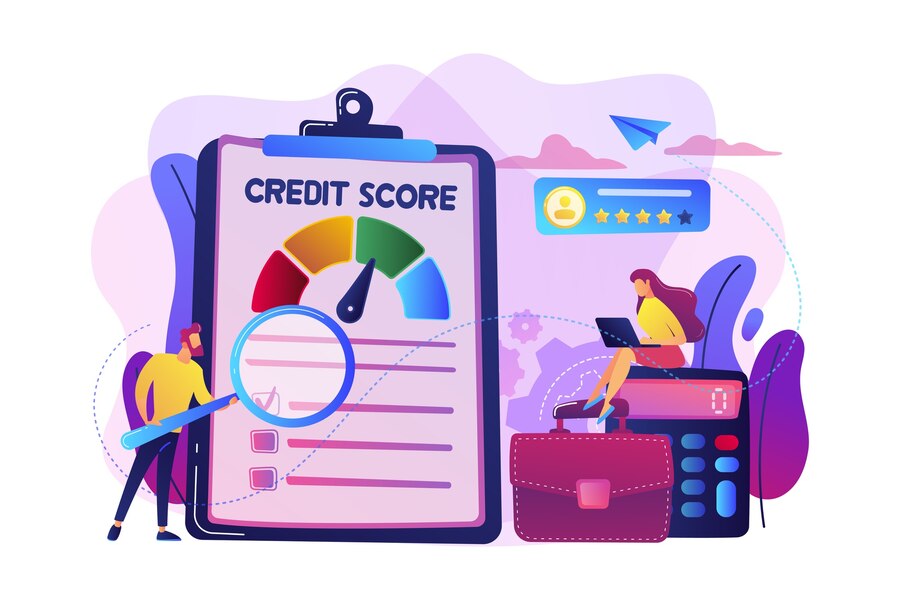Handling debt can be challenging, especially when faced with the possibility of settling credit card debts or bank loans. While debt settlement may provide relief by reducing the amount owed, it can also affect your credit score. Understanding how settling credit card debts or loans can impact your credit score is crucial in making informed financial decisions. Here’s a comprehensive look at how loan settlement affects your credit score.
What is Debt Settlement?
Debt settlement is when a debtor negotiates with a creditor to pay off a portion of the debt, typically less than the total amount owed, as a final settlement. This can be an option for individuals struggling to pay their debts in full.
Impact on Credit Score
When you settle a debt, it’s important to note that it can hurt your credit score. While the impact varies depending on your credit history and other factors, settling a debt usually results in a notation on your credit report indicating that the debt was paid for less than the total amount owed.
Credit Score Consequences
Noting settled debt can lower your credit score because it indicates that you didn’t repay the total amount as initially agreed. This negative mark remains on your credit report for several years, impacting your creditworthiness and making it more challenging to obtain new credit or loans in the future. Lenders may view settled debts as a risk factor when assessing your creditworthiness.
Timing of the Impact
The negative impact on your credit score occurs when the debt is settled. However, as time passes and you demonstrate responsible financial behavior by making on-time payments and managing credit responsibly, the impact of the settled debt on your credit score may lessen over time.
Considerations Before Settling Debt
Before deciding to settle a credit card debt or a bank loan, consider the following:
1. Negotiation Skills: Negotiating a settlement requires practical communication skills to reach an agreement with the creditor. Seek advice from a financial counselor or debt settlement professional who can assist in negotiations.
2. Impact on Credit Score: Understand that settling a debt may negatively impact your credit score. Consider if this impact aligns with your financial goals and whether you have alternatives to paying the debt.
3. Tax Implications: Forgiven debt through settlement may be considered taxable income, which could have tax implications. Consult a tax professional to understand these potential consequences.
4. Impact on Future Credit: Recognize that settled debts can affect your ability to obtain credit or loans in the future and may result in higher interest rates or stricter terms.
Alternatives to Debt Settlement
Exploring alternatives to debt settlement can be beneficial. These include:
1. Debt Management Plan (DMP): Working with a credit counseling agency to create a DMP that helps repay debts through structured payments while potentially negotiating lower interest rates.
2. Debt Consolidation Loan: Consolidating debts into a single loan with a lower interest rate can make payments more manageable and potentially reduce the overall debt burden.
3. Financial Assistance Programs: Some creditors offer hardship programs or forbearance options that temporarily reduce or suspend payments, providing relief while avoiding debt settlement.
Conclusion
Settling credit card debts or bank loans can relieve individuals struggling with overwhelming debt. However, it’s essential to understand the potential impact on your credit score and financial future. While debt settlement may provide immediate relief, it often has consequences that affect your creditworthiness.
Before opting for debt settlement:
- Carefully weigh the pros and cons.
- Consider alternative options.
- Seek advice from financial professionals to make an informed decision that aligns with your long-term financial goals.
Managing debt responsibly and exploring various strategies can help you regain control of your finances while minimizing the impact on your credit score.



